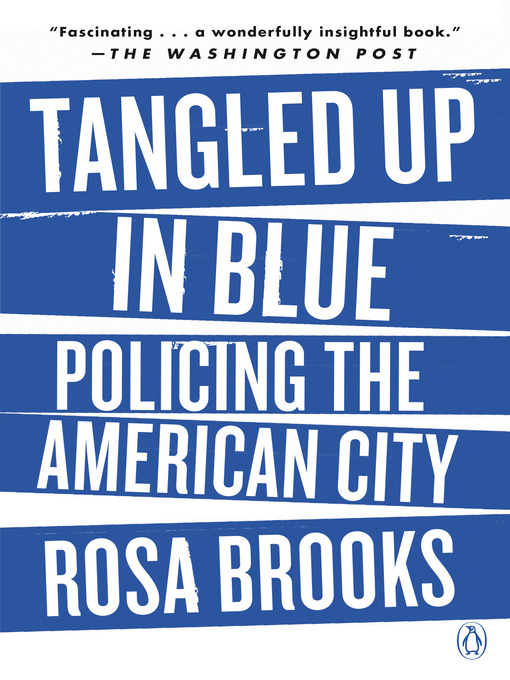- Available now
- New eBook additions
- Series Starters
- New kids additions
- New teen additions
- Most popular
- See all ebooks collections
- Available now
- New audiobook additions
- New kids additions
- New teen additions
- Always Available Audiobooks
- Most popular
- Celebrate Pride Month with an Audiobook
- Can't Miss Mysteries on Audio
- See all audiobooks collections




